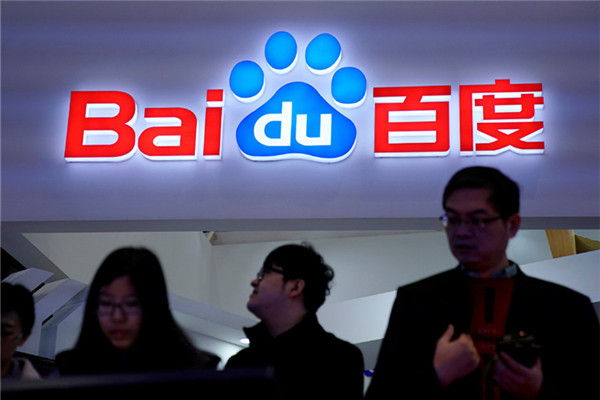Baidu, a Chinese technology company specializing in artificial intelligence, Internet-related services, and products surpasses sales estimates and had a revenue increase of 1.4 percent amounting to 26.33 billion yuan ($3.84 trillion) for three months making it ahead of rival ByteDance.
Such a result is unexpected after the company's net income went down to 2.41 billion yuan.
Since going public in 2005, Baidu posted its first loss in May 2019.
This was when Baidu's shares had a drop of about 60% making analysts set estimate earnings of 25.8 billion yuan.
The recent rise in Baidu's earnings will quiet naysayers who are saying that the 19-year-old company is losing its standing in technology because the majority of the country is moving away from desktop and is increasingly using mobile.
It had also been tough for the company because of China's increased regulation of online content coupled with external factors affecting the country's economy.
Baidu's online marketing is its main business. Digital marketing is 73% of the company's revenue.
ByteDance was ahead for some time because of its news and social media apps. It even launched a direct challenge to Baidu by building its own general search engine.
However, still proving to be a search leader, Baidu's 174 million daily active users, strong content ecosystem and years of search engine research and development kept ByteDance in the sidelines lately according to Bloomberg Intelligence analysts Vey-Sern Ling and Tiffany Tam.
Some of Baidu's moves of widening its revenue sources are showing positive results.
The video streaming service iQiyi (IQ) which Baidu has a significant stake in helped increase Baidu's latest revenue for three months that ended June 30.
Earnings for the "Netflix of China" increased by 15% compared to last year. By June 2019, it had 100 million subscribers.
Not to get left behind in its mobile offerings, in 2018, Baidu started welcoming developers for apps. This paved the way for TV shows and goods getting bought and sold on their platform.
This move has shown "solid execution" in user growth giving Baidu opportunities to monetize its business, analysts at Jefferies said.
HSBC analysts also acknowledge that Baidu's mobile department is "sizable" and they "remain positive" because of Baidu's cutting-edge AI technologies.
Also gaining ground in hardware, Baidu launched its AI-powered "Xiaodu" smart devices in 2018.
Baidu's other efforts received approval from analysts who applaud the company's Apollo autonomous driving platform and cloud business saying these will pay off in the long run.
Because of such efforts and signs of success in recent endeavors, the company raised its stocks to $134.50 a share.





